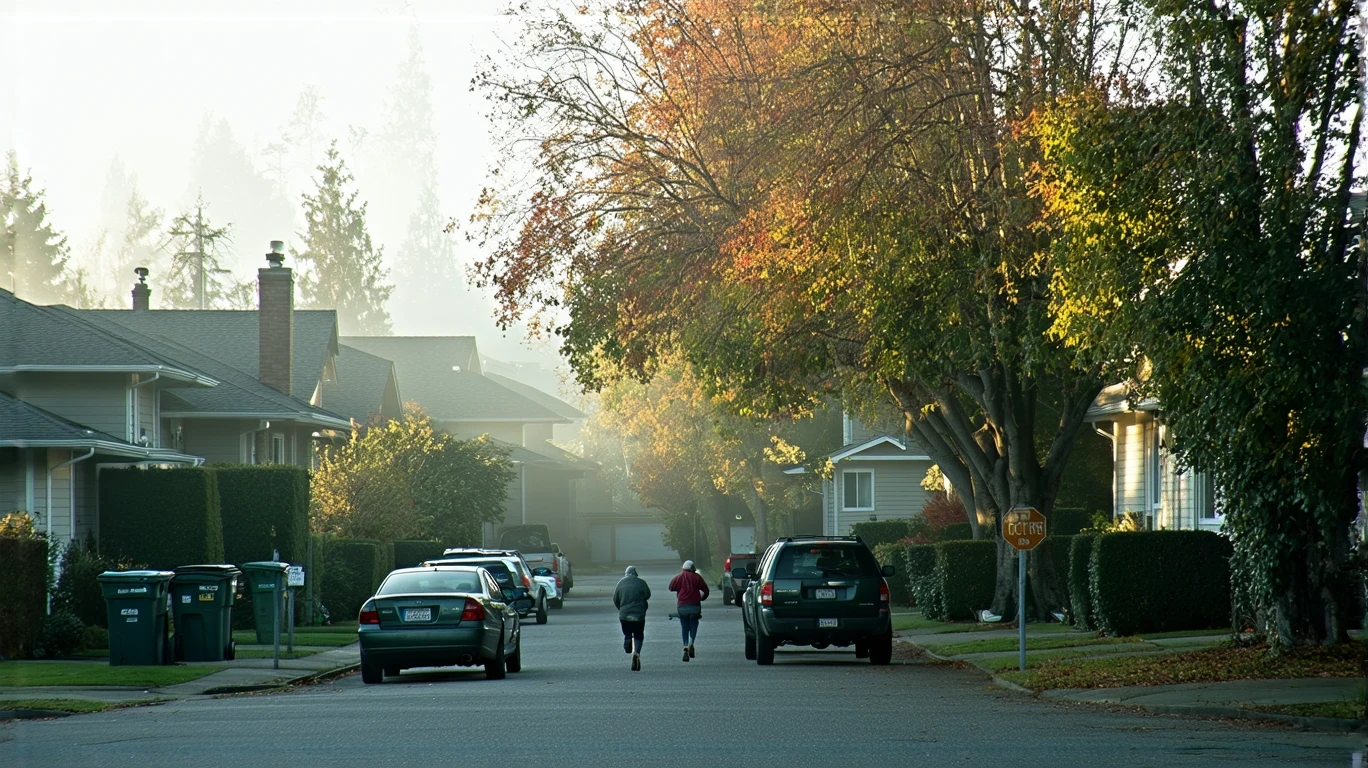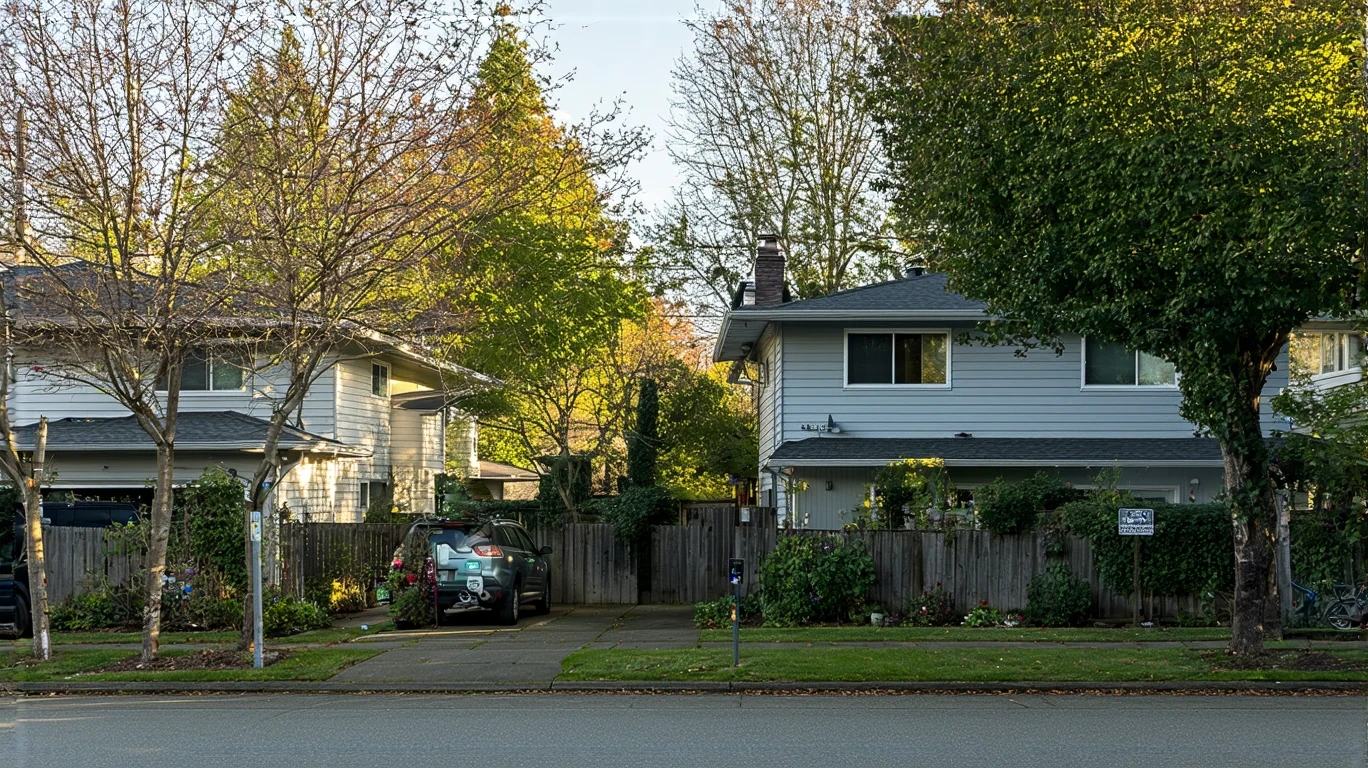Federal Way, WA vs. Renton, WA: Cost of Living Comparison (2025)
This article provides a cost of living comparison between Federal Way and Renton. It is perfect for families relocating, professionals choosing between job offers, or anyone comparing the real-life cost of living in Federal Way vs Renton in 2025.

1. Housing Costs
Housing is typically the biggest factor in cost of living. Here’s how Federal Way and Renton compare for common housing options:
| Housing Type | Federal Way | Renton |
|---|---|---|
| Median 2BR Apartment Rent | $1,850 | $2,100 |
| Median 3BR Home Price | $480,000 | $550,000 |
🏆 Winner: Federal Way. Housing costs an estimated 10-15% less in Federal Way compared to Renton.
2. Utilities and Energy Costs
Utility costs are fairly similar between the two cities. Expect to pay around $200-250 per month for electricity, water, sewer, and garbage for a typical apartment.
Both cities have mild climates, so heating and cooling costs are moderate year-round. Renton’s electricity rates are about 5% higher on average.
🏆 Winner: Federal Way edges out Renton on slightly lower utility costs.
3. Groceries and Daily Expenses
Grocery costs are comparable in Federal Way and Renton. Expect to spend around $400 per month on groceries for a single person, or $1,000+ for a family of four.
Eating out is also similarly priced. A meal at a casual restaurant averages $15-20 per person in both cities.
🏆 Winner: Tie. Grocery and dining costs are nearly identical.

4. Taxes and Fees
Washington has no state income tax, so your take-home pay will go further than in many other states. However, sales tax is high at 10.1% in Renton and 10.2% in Federal Way.
Property taxes are also fairly high. Expect to pay around 1.1% of your home’s assessed value annually in either city. For a $500K home, that’s $5,500 per year.
🏆 Winner: Renton, but only by a hair. The 0.1% lower sales tax can add up over time.
5. Cost Summary
| Category | Federal Way | Renton |
|---|---|---|
| Housing (3BR Home) | $2,400 | $2,750 |
| Utilities | $225 | $240 |
| Groceries | $400 | $400 |
| Transportation | $150 | $140 |
| Misc | $500 | $500 |
| Estimated Monthly Total | $3,675 | $4,030 |
Note: Figures above are estimates for a single person and do not include taxes. Your actual cost of living will vary. See a detailed monthly budget for living in Federal Way.
6. Lifestyle Fit
Federal Way offers more affordable housing and slightly lower costs overall. It may be a better fit for:
- Families looking for affordable homes and good schools
- Retirees on a fixed budget
- Those who prefer a slower pace and less traffic
Renton is pricier but offers more amenities and a shorter commute to Seattle. It tends to draw:
- Young professionals working in Seattle or Bellevue
- Those who want a wider variety of dining and entertainment
- Families seeking top-rated schools
Renton averages about 5°F warmer than Federal Way in the summer months. Both cities get a fair amount of rain in the winter.
7. Frequently Asked Questions
Q: Is Federal Way more affordable than Renton?
A: Yes, the cost of living is an estimated 10% lower in Federal Way. Housing is the biggest difference, with costs around 15% less than Renton.
Q: Which city has lower rent?
A: Federal Way has lower rent on average. A typical 2-bedroom apartment runs about $1,850 per month compared to $2,100 in Renton.
Q: Where is it cheaper to buy a home?
A: Buying a home is more affordable in Federal Way. The median price for a 3-bedroom is around $480,000 in Federal Way and $550,000 in Renton.
8. The Bottom Line
While Federal Way is cheaper overall, both cities offer a good quality of life. Your ideal fit depends on your budget, lifestyle, and priorities.
If affordability is your main concern, Federal Way is likely the better choice. You’ll get more home for your money while still being close to job centers and attractions. Federal Way also has lower utility costs and car tab fees.
If you’re willing to spend a bit more for added convenience and amenities, Renton may be worth the premium. You’ll have a shorter commute to Seattle and more options for going out.
Whichever you choose, be sure to dig into the details of the cost of living. The more you know, the better prepared you’ll be for your move!
🔎 Three Surprising Cost Differences
- Car tab fees are about $50 higher per year in Renton.
- Homes in Federal Way are nearly 20 years older on average.
- Renton’s higher elevation means it gets a few more inches of snow each winter.
